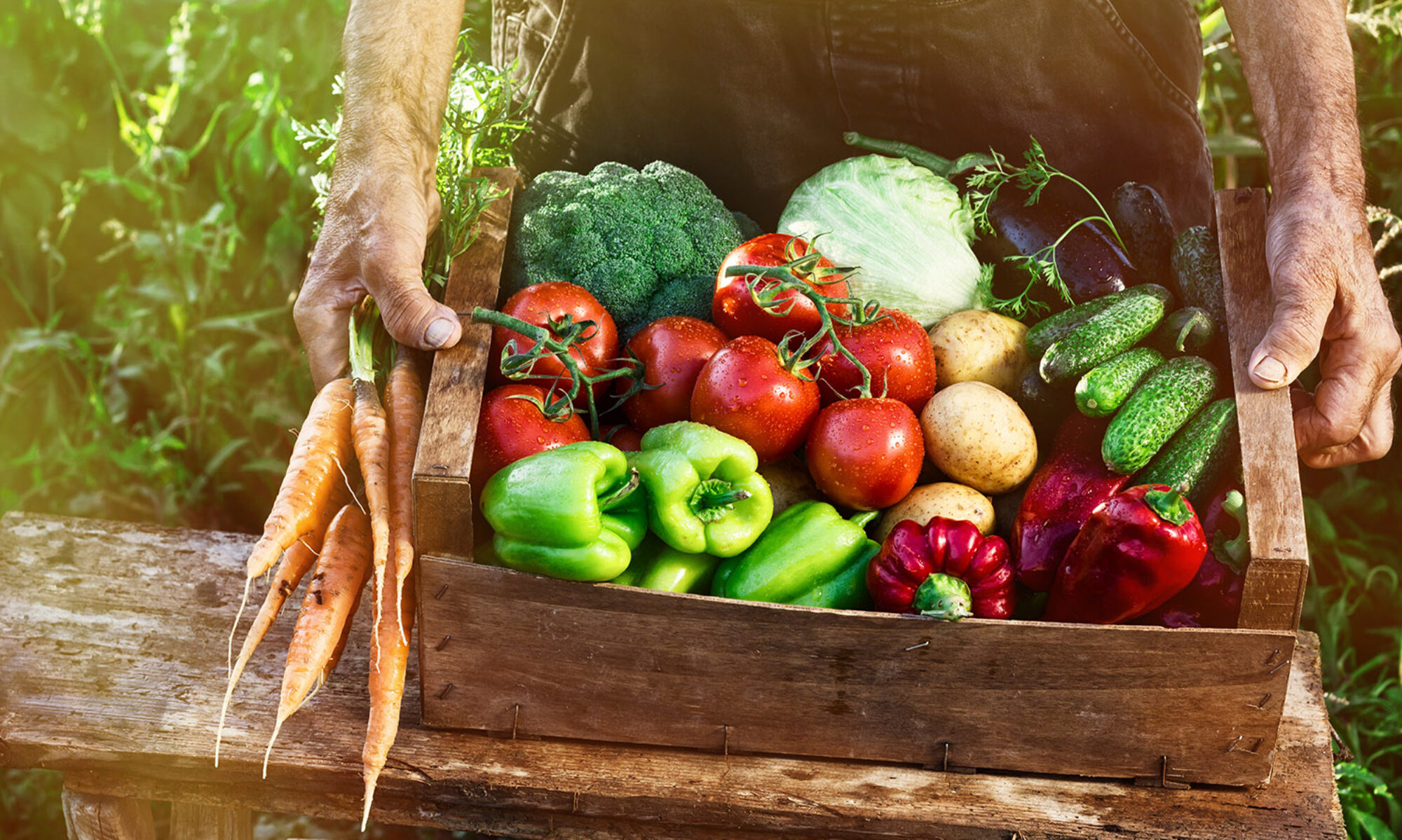 Written by: Erika Dunyak, LL.M. Student at the University of Arkansas
Written by: Erika Dunyak, LL.M. Student at the University of Arkansas
Hello Food Law Student Network Members!
I am an alumnus of the Network, myself, and am currently a student in the Agricultural and Food Law LL.M. at the University of Arkansas. The LL.M. is a great option for students or practitioners interested in expanding their understanding of food or agricultural law.
My experience with the program has been incredibly engaging and exciting. I have been able to take courses in the subjects that really matter to me. The experience to engage in coursework, rather than reading on my own time, has been stimulating. Courses at UArk are taught by leaders in their respective fields. Here’s just a taste of the courses I’ve been able to take:
- Food Justice
- Agricultural Cooperatives and Local Foods
- Right to Food
- Agricultural Policy and the Federal Budget
- Food, Farming and Sustainability
- Food Safety Litigation Strategies
- Agriculture and the Environment
- Special Issues in Indigenous Food and Agriculture
- Urban Agriculture
- Food Labeling
- Corporate Social Responsibility and Business Human Rights in the Food and Agricultural Sector
- Independent Research in Agricultural Labor
- Food Safety
LL.M. courses are only 1-2 credit hours, meaning you can cram a lot of material into the 24 credit hour program.
I have found the professional and academic support at the UArk LL.M. to be second to none. I have had the opportunity to have near-weekly meetings with Susan Schneider and have developed a close professional relationship with her. For those of you who don’t know Susan, she is one of the founders of food law and a long-time agricultural law scholar.
The program is flexible and students can participate at a distance. However, students in residence may be eligible for graduate assistantships that cover tuition and a small stipend.
This video technology also works the other way. The program has been able to get in experts in to teach courses through the program’s video technology. Professors can video in to a cutting-edge video conference enabled classroom. The other option allows for condensed courses. In these courses, are all-day for about three days.
The program has an unbelievable network — you’ve almost certainly already come across some of its graduates if you’re this far into your food law interest.
But, for me, the biggest benefit of the program was not having to settle. I knew that I wanted to practice food law. I applied to the LL.M. and was accepted for a graduate assistantship in January of my 3L year. I knew that I had some plan that would get me working on food law issues. I was freed up to only apply for food law jobs. I didn’t have to take the job that I didn’t want working at my county’s prosecutor’s office until I could find something that was food related. The LL.M. has provided me with the opportunity to build my resume, get published, make connects, be a part of an amazing alumni network, and essentially hit the employment search running, rather than from the standstill of 3L.
Finally, Fayetteville is an amazing town tucked in the Ozark mountains. It is a great place to live and play and work. There is good food, great bars, great local theatre, beautiful scenery and Northwest Arkansas is home to one of the premiere modern and American art museums in the country.
Please get in touch with me if you have any questions about the program or about Fayetteville. Feel free to shoot me an email to EDunyak@uark.edu!
Cheers!
Erika Dunyak


 Written by: Erika Dunyak, LL.M. Student at the University of Arkansas
Written by: Erika Dunyak, LL.M. Student at the University of Arkansas